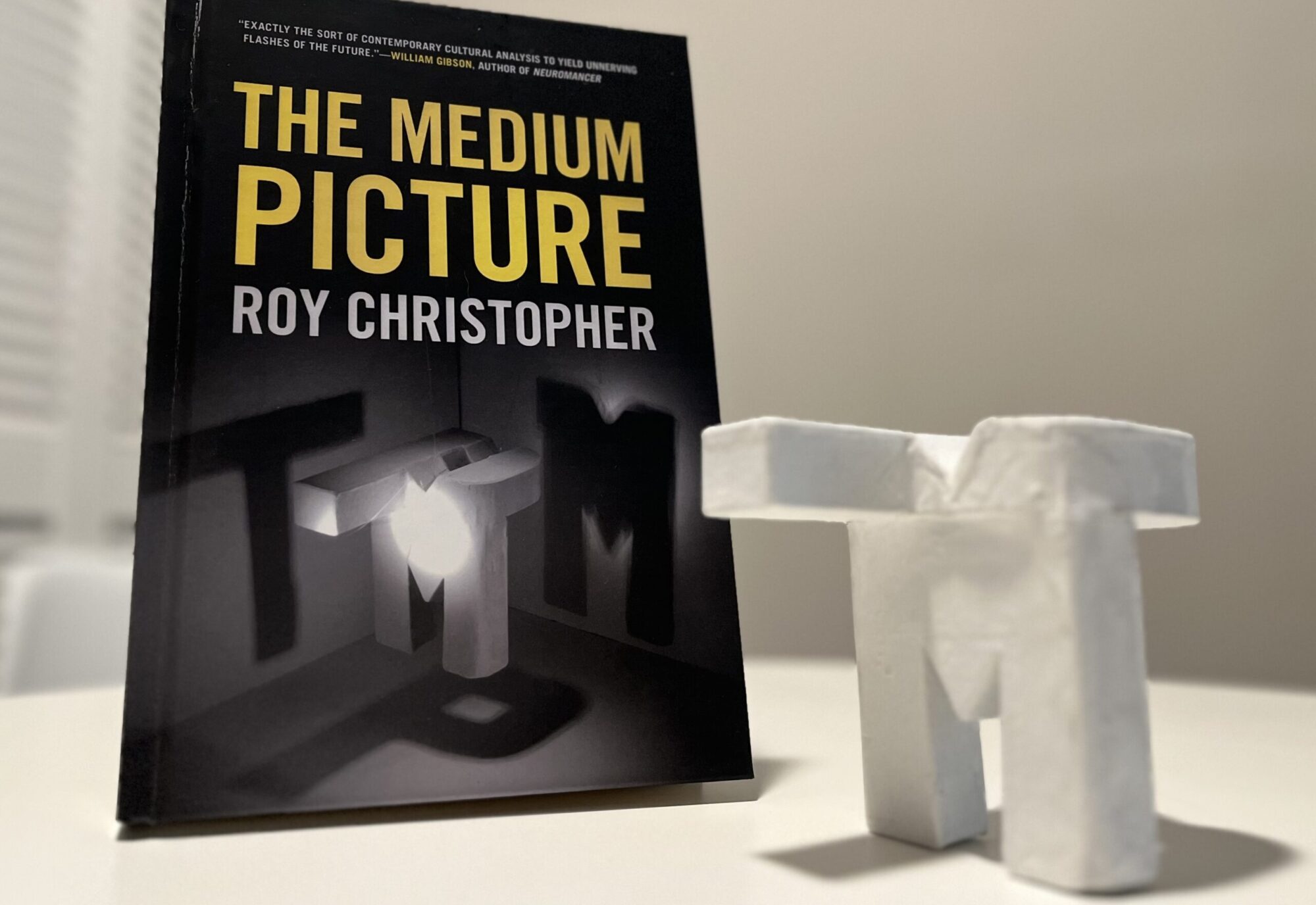Daniel Pinchbeck once wrote that traditionally the job of the writer was to “define the zeitgeist,” what Marshall McLuhan referred to as “predicting the present.” Now everyone is a writer, and the zeitgeist is defined by an algorithm, which is probably much more precise. Like time itself, the zeitgeist moves. With the imperceptible passing of the present, it changes from moment to moment.
To grow old is to resist the zeitgeist. It is to want the same thing, the same car, the same house, the same friends, the same spouse, the same reruns, the same scripted conversations day-in and day-out, all of this new stuff needling one on, signaling the end of it all.
But the world isn’t going to shit because of change. It’s getting better because of it.
To be young is to be defined by change. To stay young is not only to roll with changes as they come, but to want them, to force them. To stay young is not only to stay agile, but to stay hungry.
Maybe becoming an adult means finally having what you want and trying to keep it, to finally have the status quo working for you and to fight to keep it that way. Maybe it’s about finding a balance between appetite and satisfaction, between a lust for flux and a longing for stasis.
What other watermark exists to define adulthood in our culture?

